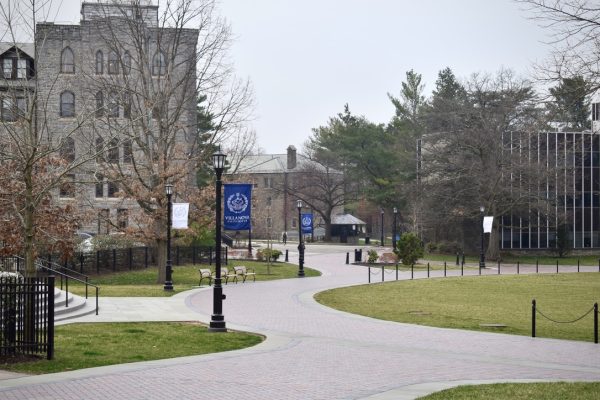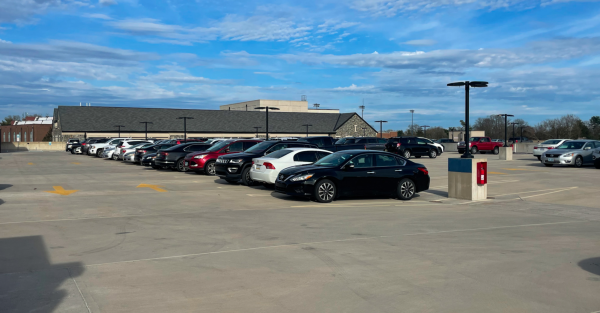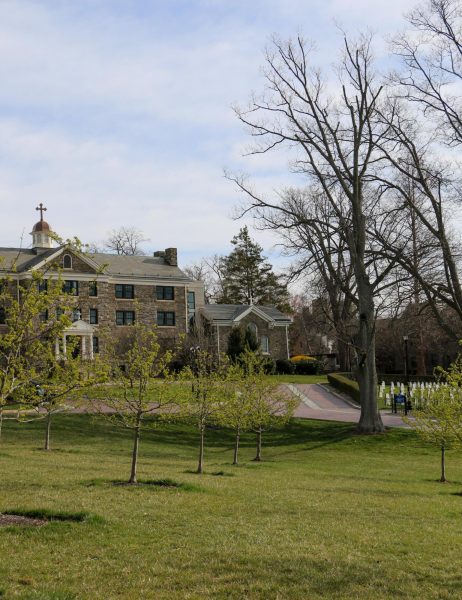Be a unicorn, the importance of liberal arts education for all majors

March 21, 2017
In the world of engineering, there exists a concept called the “unicorn.” A “unicorn” engineer is loosely defined as someone who can competently execute all the duties expected of a typical engineer while also maintaining a personality, social skills and the ability to talk about anything else but tech. As an engineering student myself, I always resented the stereotype of the socially inept engineer. I admit that it is somewhat based in truth, but there is no reason that those who choose a technical or science major should then avoid all contact with the dreaded liberal arts. Being educated at a university must mean going beyond the pitifully small core classes required by the College of Engineering. However, this is a two-way street. Those who choose to steer clear of science cannot absolve themselves of the responsibility to be scientifically literate. Like it or not, society continues to advance technically and social issues are constantly influenced by scientific principles. Everyone, regardless of chosen field, shoul have enough scientific knowledge to make civic decisions based on the facts and not a slanted, simplified view.
Let’s start with my people, the men and women of CEER, Tolentine, White and Mendel. I know ACS isn’t everyone’s favorite, but there is value in these “soft” sciences. Besides, what other time in your life but college will you have the luxury to contemplate the deep questions? Memorizing all 20 amino acids might be important right now, but how about being able to quote a little Homer or Shakespeare? Sure, employers will love that you can quickly and efficiently size a pressure relief valve, but how about also having an opinion on Hobbes or Nietzsche? “But I’m too busy,” you say. “I have three exams, two labs, and there isn’t enough coffee in the world to take extra classes,” you argue. Nonsense, I reply. Luckily for you, you chose to pursue the sciences at a liberal arts university, meaning there are countless opportunities for minors and concentrations in all sorts of interesting things that don’t use math. At Villanova, getting a minor is relatively easy. For example, I fit in a minor in English on top of my engineering major and another technical minor by just filling my open electives with English courses. Almost all CLAS majors offer a minor for only about five or six classes, which is achievable for virtually any student’s curriculum. Being a competent scientist or engineer is clearly the goal of a technical education, but truly solving problems requires a more interdisciplinary approach that takes the social and political context into account. Even a minor in the liberal arts allows a “science person” to round out that expertise with the ability to connect to problems on a human level.
If you skipped the above paragraph, you probably don’t identify as a “science person.” Maybe you didn’t like science in high school or simply decided the liberal arts were a better fit. Regardless, good citizenship in this century requires scientific literacy. The phrase does not mean being able to list off the speed of light or the size of a bacterial cell. Instead, being scientifically literate means being able to view the world like a scientist does. Being able to evaluate information, make connections, ask questions and come to an analytical conclusion is real scientific literacy. Understanding a model and how it makes predictions about physical phenomenon is much more important than nailing the science round at Quizzo. At Villanova, non-science majors are generally required to take two semesters of the Mendel Science Experience to fulfill a core requirement. While this program has been a flashpoint in recent years, at its heart is the desire to produce scientifically-literate students. Just as scientists and engineers can apply the humanities to their careers, those who major in the liberal arts can benefit their professional lives with an element of scientific thinking and literacy. Some MSE offerings have been received positively by students, and others have fallen flat. But more importantly, just two semesters of science will not be enough to mold a scientifically literate individual. Minoring in the sciences is slightly more difficult than minoring in liberal arts, but it is still possible. Better yet, since you chose to pursue liberal arts at a university that includes a heavy focus on science, these opportunities are readily available. For example, the College of Engineering offers a minor in sustainability studies that will even count relevant MSE experience towards the minor.
The most important thing to remember is that you are already at an advantage because Villanova blends science and engineering with liberal arts on one campus. Each side of campus has a responsibility to encounter the other in some way, and the benefits of such cross-college experience are immense. Engineers who understand Plato and theologians who understand biology make the campus, and the world, much better places.







